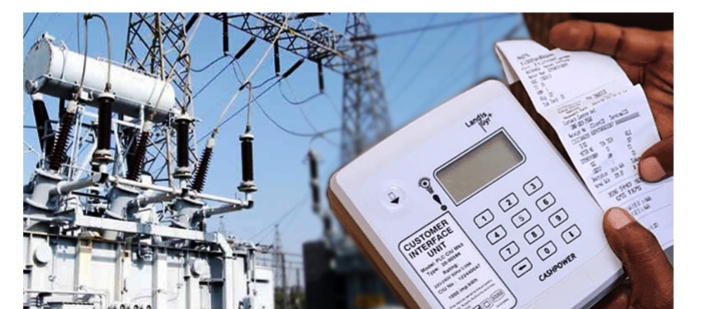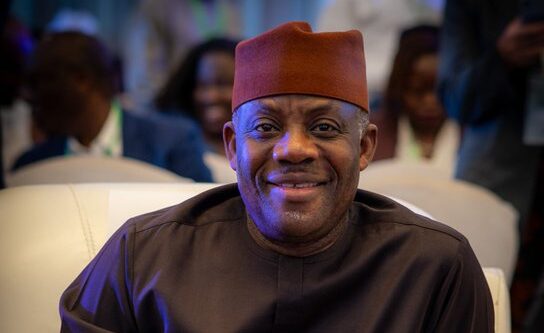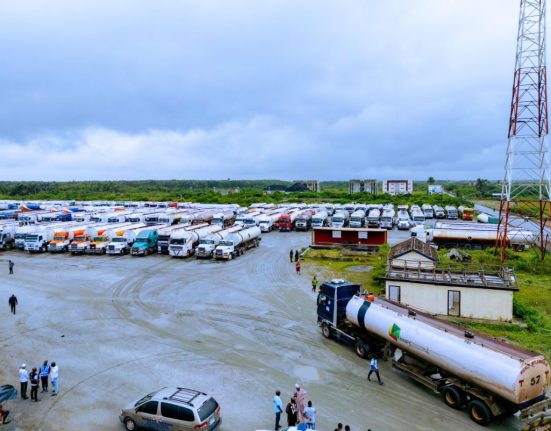The Federal Government has announced plans to introduce 1,900 megawatts (MW) of solar power into Nigeria’s national grid by constructing modular solar plants across 19 northern states. This initiative is aimed at diversifying Nigeria’s energy sources and addressing the nation’s ongoing power supply challenges. The development comes as part of broader efforts to boost the adoption of renewable energy and ensure a more stable electricity supply across the country.
The Minister of Power, Adebayo Adelabu, made this disclosure on Thursday during the sixth edition of the 2025 Ministerial Press Briefing Series in Abuja. He stated that each solar-powered station would generate approximately 100MW of electricity, which would help reduce the region’s dependence on the national grid and provide more localized energy solutions.
Adelabu also set an ambitious target of generating and distributing 8,000MW of electricity before the end of President Bola Tinubu’s first term in office in 2027. He emphasized that the country has the potential to achieve utility-scale solar power generation, citing Nigeria’s abundant sunshine as a key asset for solar energy projects.
In addition to the solar power plants, the government is seeking private sector involvement to expand the grid and improve electricity generation. Adelabu highlighted that two private companies, Sun Africa Energy and Skipper Electric, are already keen on investing in the sector, with Sun Africa planning to contribute 1,000MW of solar power to the national grid. Meanwhile, Skipper Electric is set to construct modular solar power plants across the northern states, each with a capacity of 100MW, further boosting regional energy independence.
Adelabu further provided updates on the country’s progress in power generation, revealing that Nigeria’s average daily electricity generation had increased from 4,100MW in the third quarter of 2023 to 5,700MW in the final quarter of 2025. He noted that the government’s focus on improving infrastructure and expanding power generation had led to a significant increase in capacity, with a peak of 5,800MW.
Despite the challenges of the past, where it took nearly four decades for the country to grow its power generation capacity from 2,000MW to 4,000MW, Adelabu pointed out that the current administration had managed to add 1,700MW in just over a year. He expressed optimism that, if this progress continues, the country would meet the 8,000MW target by 2027.
The minister acknowledged the challenge of securing funds for grid expansion, especially with competition for resources among various ministries. However, he stressed that the government is actively working with the private sector to secure the necessary financing for new transmission lines, substations, and transformers.
As part of the effort to strengthen the power sector, the Transmission Company of Nigeria (TCN) has commissioned 61 new transformers in 2024, with plans for more in 2025. Adelabu noted that these efforts were crucial in stabilizing the national grid, which is now capable of handling up to 8,700MW without collapsing, a significant improvement from just a few years ago when the grid would collapse once power generation exceeded 5,000MW.
With these initiatives, Adelabu revealed that approximately 150 million Nigerians now have access to electricity, but challenges remain in ensuring consistent and affordable power. He emphasized the need to focus on the stability of the electricity supply, ensuring that those with access enjoy reliable and affordable power.
The government is also pursuing the regionalization of the national grid, with plans to introduce a supergrid that would segment the grid into regions. This will help to prevent power disruptions in one region from affecting the entire country, ultimately improving the reliability of the national grid.
The minister concluded by reiterating that the ongoing efforts to improve the power sector are part of the government’s broader strategy to meet Nigeria’s growing energy demands, reduce reliance on fossil fuels, and position the country as a leader in renewable energy in Africa.







